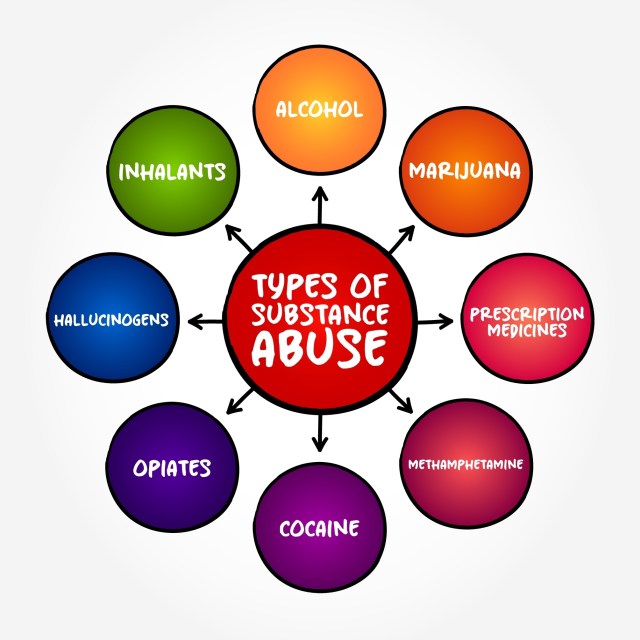Course Summary
Methamphetamine, also referred to as “meth,” is an amphetamine derivative that is extremely powerful. It is frequently misused globally, and as will be seen, it can have considerable negative effects on a person’s physical, behavioral, cognitive and psychiatric conditions. When a methamphetamine use disorder coincides with a severe and chronic mental illness, the affected person will typically lose the ability to function. In a co-occurring disorder, or dual diagnosis, the affected individual will have a substance use disorder combined with a severe and chronic mental illness. Before an effective treatment plan can be developed, the characterization and description of a co-occurring psychiatric disorder, such as schizophrenia, must be distinguished from the methamphetamine use. Rehabilitation treatment tends to take longer in people with poor adherence to a treatment program. Those with co-occurring disorders tend to have lower treatment outcomes than those that are just diagnosed with one disorder.
Course Format
Homestudy
Course Syllabus
- I. Introduction
- II. Methamphetamine Use Disorder
- 1. Methamphetamine: Mechanism of Action
- III. Schizophrenia
- IV. Statistics on Methamphetamine Use Disorder and Schizophrenia
- V. Methamphetamine-induced Psychosis and Schizophrenia
- VI. Treatment Modalities
- 1. Pharmacological Treatments
- 2. Transcranial Magnetic Stimulation
- 3. Cognitive Remediation Therapy (CRT)
- 4. Patient Motivation to Change
- 5. A Multi-disciplinary Approach to treatment
- 6. Barriers to Treatment
- 7. Failure to Transition from Detoxification to Long-Term Treatment
- VII. Case Study: Stimulant Use and Psychosis
- VIII. Summary
Author
Alex Holter, AA, BA, MS
Alex Holter has a Bachelor of Art in music, Associate of Art in psychology, and his Master’s of Science with emphasis in Clinical Psychology, research, sex therapy, and clinical counseling. He has worked in the field of mental health in Helena, Montana, including with LGBT+ populations of all age groups. Alex has a passion for helping people in his professional role to access evidence based health care with a high focus to integrate the healing arts of music and other creative fine arts aimed at treating the whole person. He also works with suicide prevention, trauma-based services, educating others on psychosocial issues, and advocating for better mental health care access both nationally and globally. When not working or writing, Alex enjoys playing his violin and viola or enjoying the outdoors with his dog and family.


